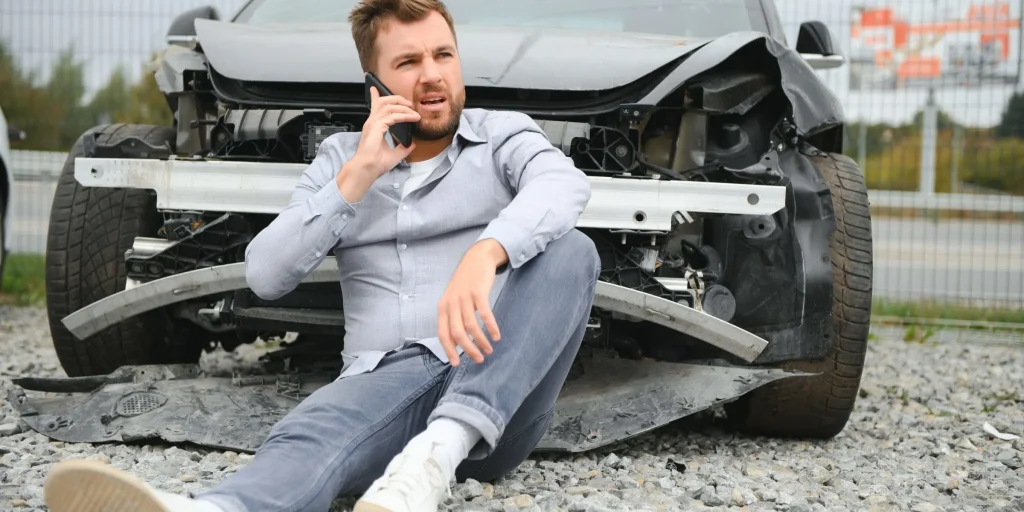Navigating Car Repairs After an Accident as a Mines Law Firm Client

Being involved in an accident is stressful enough without the added challenge of navigating the car repair process. At The Mines Law Firm, we prioritize assisting our clients with the bodily injury component of your case. But we recognize the significance of understanding the vehicular repair aspect. Here is information to help you through every facet of this process:
1. Reporting to Your Insurance:
- Details You Need: Have your policy number, the accident details, and the details of parties involved ready. DO NOT TALK ABOUT YOUR BODILY INJURY. ONLY ABOUT YOUR CAR.
- What to Expect: An adjustor will be assigned to evaluate the damages. They may ask questions about the accident’s circumstances and location. DO NOT TALK ABOUT YOUR BODILY INJURY. ONLY ABOUT YOUR CAR.
2. Choosing the Right Insurance Path:
- Other Party At Fault: You can opt for their insurance. This means you’ll mostly avoid paying a deductible.
- You’re At Fault: Use your insurance, which likely entails paying a deductible based on your policy’s details.
- Delays with At-Fault Party’s Insurance: Should the other party’s insurer drag their feet, you can initiate repairs using your insurance. This may involve paying your deductible initially, but potential reimbursement may occur if your insurance company recovers the costs.
3. Preparing for the Estimate:
- Research: Research and select reputable auto body shops. You want the job done right the first time.
- Documentation: Always keep a copy of the estimates. This ensures transparency and can be helpful if disputes arise.
- Optional Questions to Ask: Inquire about warranty for the repair work and the expected timeframe.
4. Handling Rental Cars:
- Know Your Policy: Some policies may cover the total cost, while others might have a cap. You may not have paid for rental car reimbursement. You have to know what your policy has.
- Duration: Rentals are typically authorized for the duration of the repair. However, there could be daily limits, so be aware.
5. The Repair Process:
- Stay Updated: Regularly check with the auto body shop on progress. It’s your vehicle, and you have a right to know.
- Anticipate Delays: Sometimes, once work begins, additional damages are uncovered which can extend repair times. If you are having problems with the body shop and their timeline, contact the insurance adjustor. DO NOT TALK ABOUT YOUR BODILY INJURY. ONLY ABOUT YOUR CAR.
6. Post-Repair Inspection:
- Be Thorough: When you pick up your vehicle, inspect the repairs. Ensure colors match, seams are aligned, and that doors open/close smoothly.
- Raise Concerns: If something seems off, address it immediately. You have a right to repairs that return your car to its pre-accident state. If you are having problems with the way your repairs were done and the body shop isn’t resolving them, contact the insurance adjustor. DO NOT TALK ABOUT YOUR BODILY INJURY. ONLY ABOUT YOUR CAR.
7. Finalizing Payment:
Make sure the payment aligns with the initial estimate. If there are discrepancies, ask the auto body shop for clarification.
